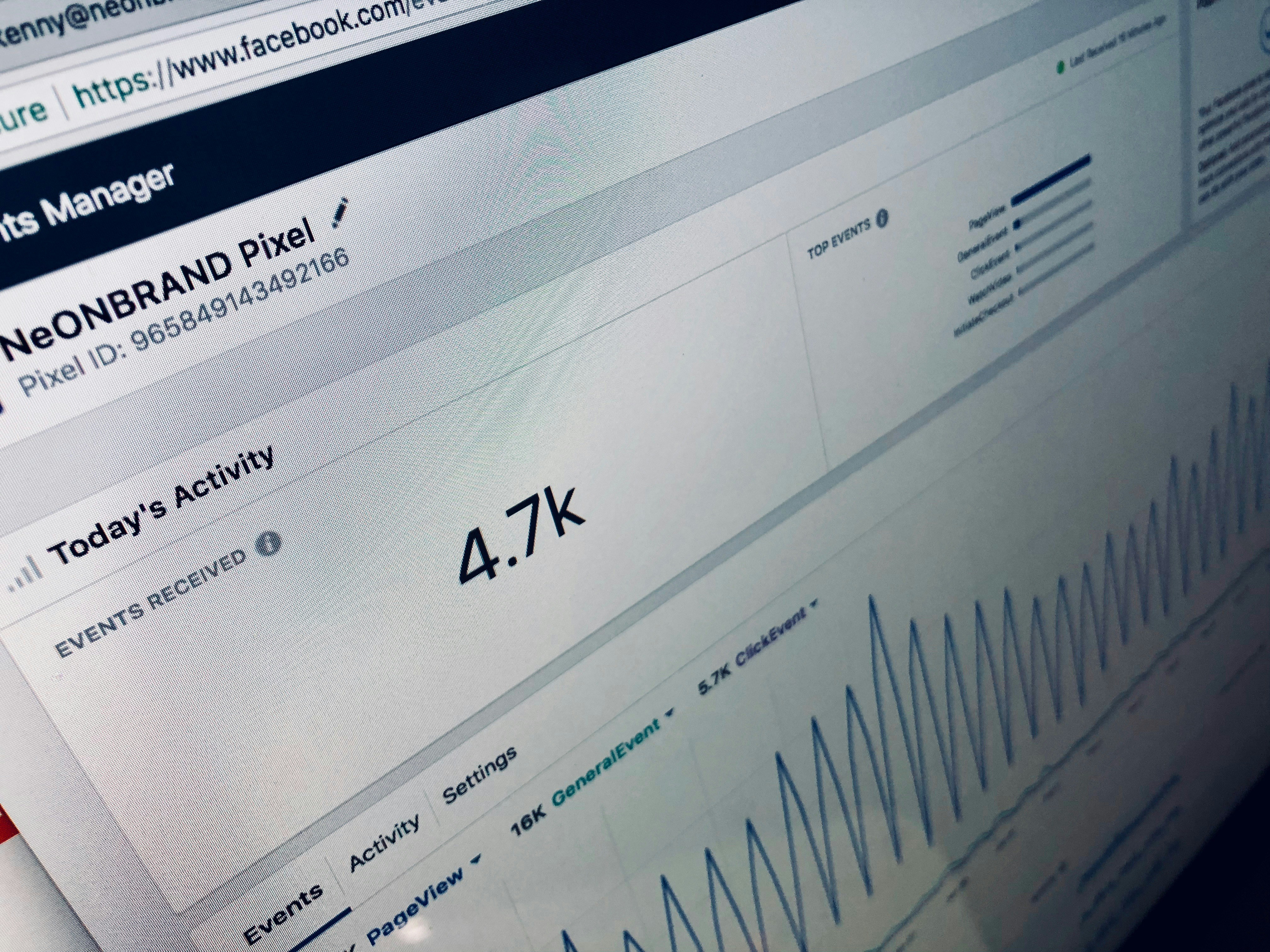Chatbots Are Your New Best Salesperson: How to Use Conversational AI to Drive Leads
Chatbots Are Your New Best Salesperson: How to Use Conversational AI to Drive Leads
In the age of instant gratification, customers expect immediate responses and personalized interactions. Traditional sales methods can't keep up. Enter AI chatbots—your tireless, intelligent sales representatives working 24/7 to qualify leads, provide instant support, and guide prospects through your sales funnel. This comprehensive guide shows you how to leverage conversational AI to transform your lead generation and customer engagement.
The Rise of Conversational Commerce
We've entered the era of conversational commerce, where buying and selling happen through natural, human-like conversations. According to Salesforce, 62% of consumers expect brands to remember their past interactions and preferences. AI chatbots make this possible at scale. Customers today expect instant responses and personalized interactions. They want to engage with brands on their terms—through messaging apps, websites, or voice assistants. Chatbots powered by artificial intelligence can provide this level of service while qualifying leads and guiding prospects through your sales funnel. This shift represents a fundamental change in how businesses interact with customers, moving from traditional sales processes to conversational, relationship-driven engagements. The conversational commerce model leverages the familiarity and convenience of messaging platforms that consumers already use daily, creating a seamless shopping experience that feels natural and intuitive. By integrating AI chatbots into their customer service and sales strategies, businesses can provide 24/7 support, personalized recommendations, and guided purchasing experiences that traditional sales methods simply cannot match in terms of scale and efficiency.
Why Chatbots Are Superior to Traditional Sales Methods
Unlike human salespeople who work 9-5 and need breaks, chatbots are available 24/7/365. They handle inquiries at 3 AM, answer questions during holidays, and provide consistent service regardless of time zones. According to a Microsoft study, customers expect responses within 5 minutes or less. Chatbots deliver instant replies, eliminating the frustration of waiting for human assistance. One chatbot can handle hundreds of conversations simultaneously, dramatically reducing customer service costs while maintaining quality interactions. AI chatbots learn from every interaction, providing increasingly personalized recommendations and solutions based on user behavior and preferences. This round-the-clock availability creates a significant competitive advantage, allowing businesses to capture leads and provide support at any time, including during off-hours when human staff would be unavailable. The scalability of chatbots means that as your business grows, your customer service capacity can grow seamlessly without proportional increases in staffing costs. Furthermore, the consistency of responses ensures that every customer receives the same high-quality experience, regardless of which chatbot they interact with or what time they reach out.
Key Benefits of AI Chatbots for Lead Generation
In the fast-paced digital world, timing is everything. A prospect visiting your website at midnight might leave if they don't get immediate answers. Chatbots ensure no lead slips through the cracks. Modern chatbots go beyond simple Q&A by asking qualifying questions to gauge prospect interest and budget, scoring leads based on responses and behavior, routing high-quality leads directly to sales representatives, and scheduling appointments or demos automatically. Using machine learning algorithms, chatbots analyze user responses to suggest products that match their needs, increasing conversion rates by up to 40% according to Salesforce research. Chatbots handle routine inquiries, freeing human agents for complex issues and reducing customer service costs by 30-50% while improving response times. They deliver consistent messaging and information across all channels, ensuring every customer receives the same high-quality experience. AI chatbots can communicate in multiple languages, expanding your reach to global markets without hiring additional staff.
Types of Chatbots for Different Business Needs
Lead generation chatbots focus on capturing contact information and qualifying prospects, typically appearing on landing pages or product pages to engage visitors and collect leads. Customer service chatbots answer frequently asked questions, troubleshoot issues, and provide support, handling 80% of routine inquiries according to IBM. Sales assistant chatbots guide prospects through the buying process, recommend products, and even close simple sales autonomously. Hybrid chatbots combine multiple functions—lead generation, customer service, and sales assistance—in a single conversational interface.
Implementation Strategies for Success
Before building a chatbot, identify what you want it to achieve: increase lead volume by X%, reduce response time to under 30 seconds, qualify leads before human follow-up, or provide 24/7 support for global customers. Design natural conversation flows with conversational tone avoiding jargon, context awareness remembering previous interactions, consistent personality, and graceful error handling. Choose the right technology stack from Dialogflow for powerful NLP, Microsoft Bot Framework for enterprise-grade solutions, IBM Watson Assistant for industry-specific models, or Rasa for open-source implementations. Integrate with existing systems for seamless lead handoff to CRM platforms like Salesforce or HubSpot, email marketing tools like Mailchimp, and analytics for performance tracking. Monitor performance with engagement rates, conversion rates, customer satisfaction scores, and escalation rates requiring human intervention.
Common Chatbot Mistakes to Avoid
Don't claim your chatbot can handle everything—be clear about limitations and provide easy human connections. Most interactions happen on mobile, so ensure perfect small screen performance. Be transparent about data collection and comply with GDPR, CCPA, and other privacy regulations. Allocate resources for regular updates to handle new questions and maintain accuracy through ongoing training.
Measuring ROI: The Business Impact of Chatbots
Quantitative benefits include 3-5x increase in qualified leads, 30-50% reduction in customer service costs, 20-40% improvement in conversion rates with personalization, and response times dropping from hours to seconds. Qualitative benefits encompass 24/7 availability building customer loyalty, innovative brand perception that stands out, and competitive advantage through superior service.
Real-World Success Stories
An online fashion retailer implemented a chatbot that increased conversion rates by 35%, reduced cart abandonment by 25%, and generated 200% more qualified leads. A B2B software company used chatbots to qualify 80% of inbound leads automatically, reduce sales cycle length by 20%, and increase demo booking rates by 50%.
The Future of Conversational AI
Chatbots are evolving rapidly with multimodal interactions combining text, voice, and visual inputs; emotional intelligence detecting and responding to user sentiment; predictive engagement initiating conversations based on user behavior; and seamless human handoff for smooth transitions between bot and human agents.
Getting Started: Your Chatbot Implementation Roadmap
Week 1 focuses on planning and research: define goals and target audience, research competitor chatbots, and choose your platform and tools. Weeks 2-3 cover design and development: create conversation flows, build and test the chatbot, and integrate with existing systems. Week 4 handles launch and optimization: deploy to your website or app, monitor performance metrics, and iterate based on user feedback.
Conclusion: Chatbots as Your Digital Sales Force
AI chatbots represent the future of customer engagement and lead generation. By providing instant, personalized, and scalable interactions, they can transform your sales process and customer experience. The key to success lies in starting with clear goals, designing natural conversations, and continuously optimizing based on data and feedback. As AI technology advances, chatbots will become even more sophisticated, offering deeper personalization and more human-like interactions. Don't let your competitors get ahead—start building your AI sales team today. The future of sales is conversational, and it's available 24/7.
What's your experience with chatbots? Have they helped your lead generation efforts? Share your thoughts in the comments below!










